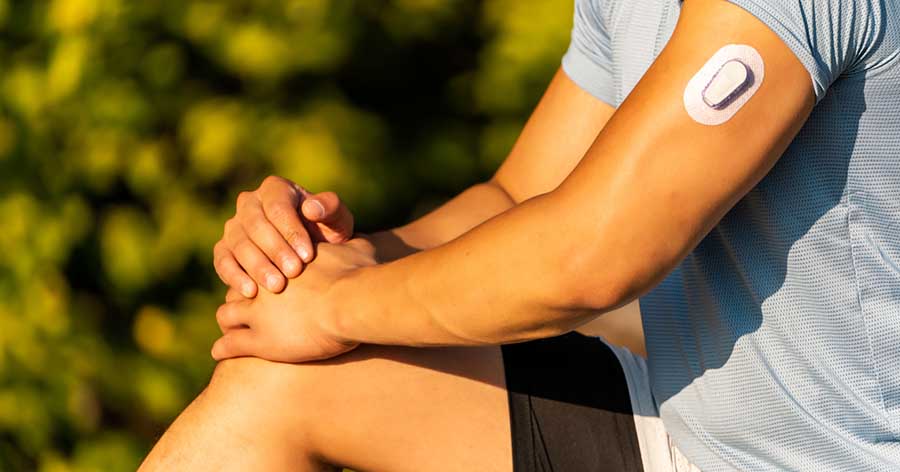The STAMPEDE (Surgical Treatment and Medications Potentially Eradicate Diabetes Efficiently) trial randomly assigned 150 patients with type 2 diabetes and a BMI of 27 to 43 to receive intensive medical therapy alone or intensive medical therapy plus Roux-en-Y gastric bypass or sleeve gastrectomy. It was previously reported that, 1 year and 3 years after randomisation, both gastric bypass and sleeve gastrectomy were superior to intensive medical therapy alone in achieving excellent glycaemic control (HbA1c ≤42 mmol/mol; ≤6.0%).
Data from the 134 participants who completed 5 years of follow-up show that 5% who received medical therapy alone achieved the HbA1c end-point, compared with 29% who underwent gastric bypass and 23% who underwent sleeve gastrectomy. Changes from baseline seen in the gastric-bypass and sleeve-gastrectomy groups were also superior to those seen in the medical-therapy group with respect to body weight, triglyceride and HDL-cholesterol levels, use of insulin and quality-of-life measures.
The study indicates that the beneficial effects of bariatric surgery on glycaemic control among those with type 2 diabetes are durable.
The article can be read in full here.





